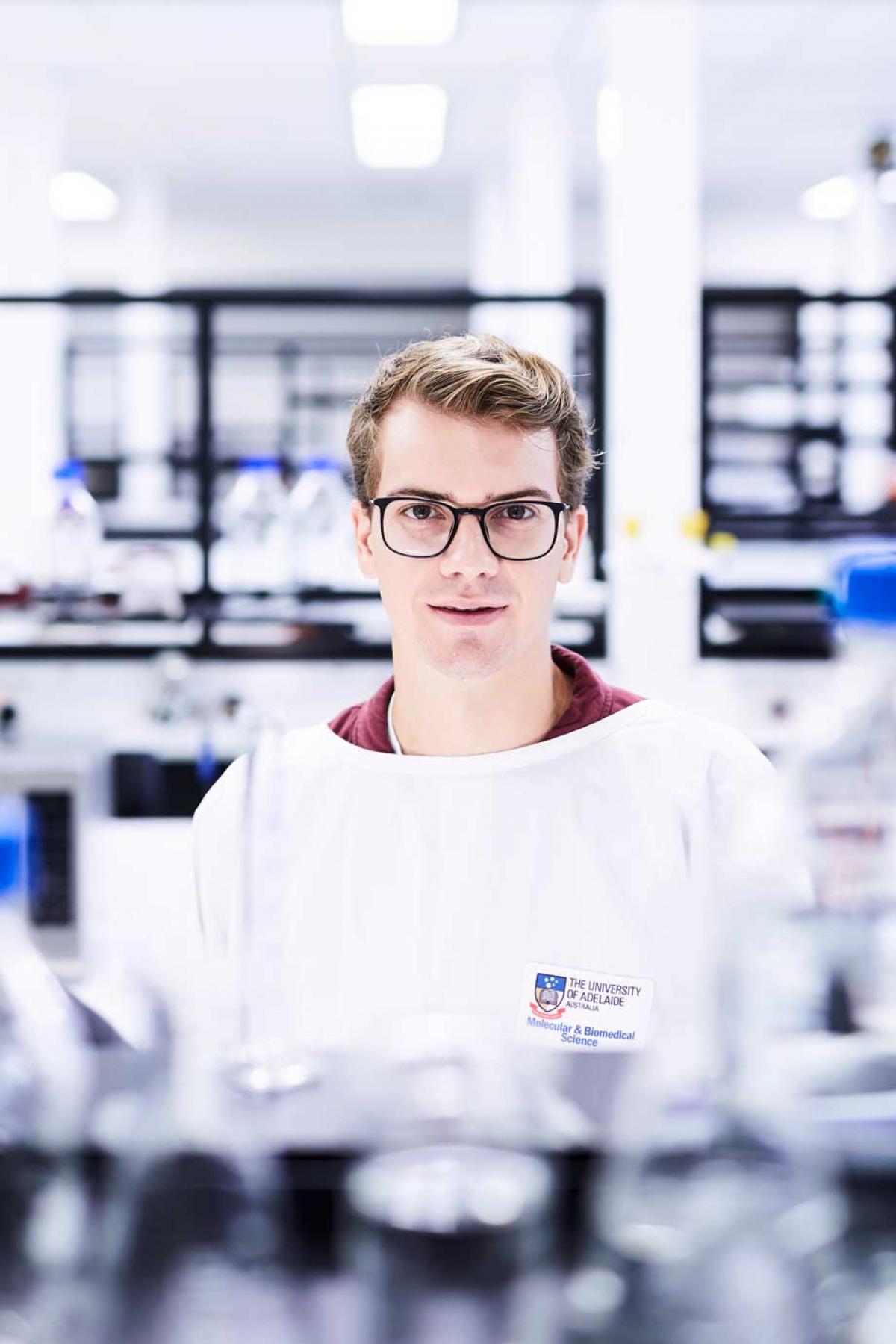Molecular and Biomedical Science
Our molecular and biomedical scientists are immersed in critical research to understand the molecular basis of major chronic diseases, infectious disease, human and animal evolution, and how modification of genetic material informs cellular fate and disease outcomes.
We explore the molecular mechanisms at the level of the genome and protein structure that underpin chronic diseases, such as diabetes, cancer and Alzheimer’s disease. Our goal is to better understand the molecular structure of these human diseases in order to discover new pathways and novel treatment options.

Our research strengths
Infectious diseases
Our experts are also forging ahead with our understanding of the molecular interactions between significant human pathogens. We use emerging technology such as CRISPR screening approaches and super resolution microscopy to understand pathogen host interactions for viruses such as Dengue, Zika and hepatitis C and the parasite responsible for malaria. We’re also developing more effective vaccines and treatment strategies to combat infectious diseases such as middle ear infection, influenza and malaria.
Biotechnology
Our scientists are making important breakthroughs in biotechnology, epigenetics and genome editing. We investigate how flora and fauna adapt to environmental signalling; how species evolve and survive through the evolution of resistance; genetic engineering of bacteria; and improving crops through synthetic biology and biotechnology.
Our research collaborations
We are leaders in molecular and biomedical science research. Our research is underpinned by interaction with the pharmaceutical sector and collaborations across the university in addition to at national and international levels.
HDR opportunities
Expand your industry connections and skills with our PhD and Masters-level research degrees.
